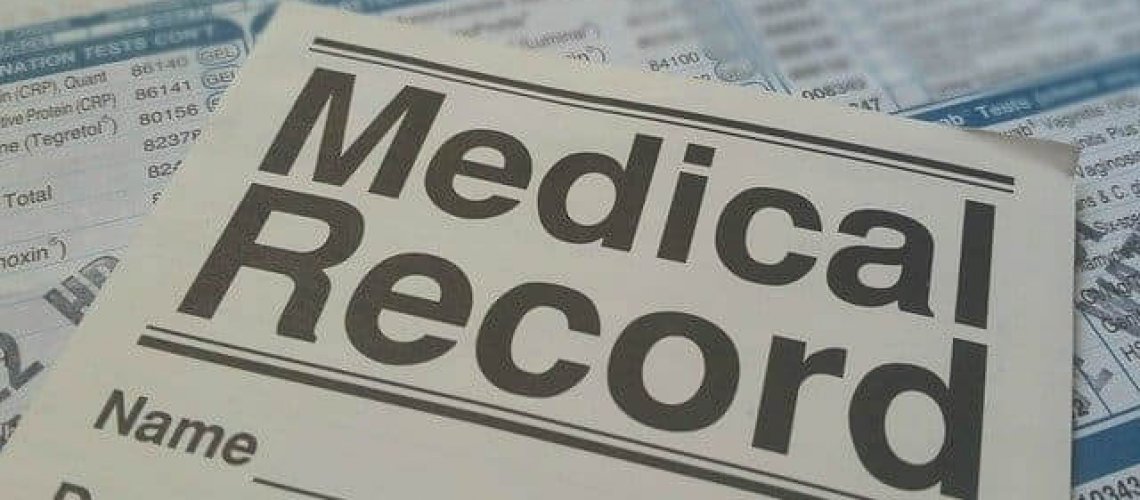Introduction
In the rapidly evolving healthcare landscape, medical practices face numerous challenges, including managing increasing patient loads, ensuring timely and efficient care, and maintaining operational efficiency. Amidst these demands, the role of a Virtual Assistant (VA) has emerged as a crucial element in streamlining administrative tasks and enhancing patient care quality. This blog post delves into the importance of hiring a Virtual Assistant for a medical practice, highlighting how they can revolutionize healthcare management.
Understanding the Role of a Virtual Assistant in Medical Practices
Virtual Assistants in the medical field are remote professionals who handle various administrative and sometimes clinical tasks. Their responsibilities can range from scheduling appointments, managing emails, handling billing and coding, to assisting with patient education. By performing these tasks, VAs allow medical professionals to focus more on patient care rather than administrative duties.
1. Improved Efficiency and Time Management
One of the primary benefits of hiring a Virtual Assistant is the significant improvement in efficiency and time management. Medical practitioners often find themselves swamped with administrative tasks that, while necessary, can be time-consuming. A VA can take over these tasks, such as appointment scheduling, patient follow-ups, and record keeping. This delegation leads to more efficient use of time, enabling healthcare providers to focus on their core task – patient care.
2. Cost-Effectiveness
Hiring a Virtual Assistant is a cost-effective solution for many medical practices. Unlike full-time employees, VAs typically work on a contractual basis and are not entitled to the same benefits as in-house staff, such as health insurance, paid leave, and retirement plans. Additionally, since VAs work remotely, there is no need for additional office space or equipment, further reducing overhead costs.
3. Flexibility and Scalability
Flexibility is another significant advantage of employing a VA. Medical practices can scale their VA’s hours up or down based on current needs, providing a level of operational flexibility that is not easily achievable with traditional staff. During busier periods, like flu season, a VA can handle increased workloads, and their hours can be reduced when the demand decreases.
4. Enhanced Patient Satisfaction
Virtual Assistants contribute to enhanced patient satisfaction in several ways. By efficiently managing appointments and follow-ups, they help reduce wait times and improve the overall patient experience. Moreover, VAs can assist in patient education and outreach, ensuring that patients are well-informed about their health and treatment plans.
5. Access to Specialized Skills
Virtual Assistants often bring specialized skills that may be lacking in a medical practice. For instance, they might have expertise in medical billing and coding, digital marketing, or healthcare-specific customer service. This expertise can be invaluable in navigating the complexities of healthcare administration and in improving practice visibility and patient engagement.
6. Ensuring Compliance and Data Security
Compliance with healthcare regulations and data security is paramount in the medical field. Experienced VAs are familiar with the Health Insurance Portability and Accountability Act (HIPAA) and other relevant regulations. They can ensure that all administrative processes are compliant and that patient data is handled securely, thereby mitigating the risk of data breaches and legal issues.
7. Improved Work-Life Balance for Healthcare Providers
By taking over time-consuming administrative tasks, VAs contribute significantly to improving the work-life balance of healthcare providers. This aspect is critical in a profession known for high stress and burnout rates. With a VA’s support, medical professionals can find more time for personal wellbeing, professional development, and, most importantly, patient care.
8. Staying Ahead in a Competitive Environment
The healthcare industry is highly competitive. Practices that leverage the services of Virtual Assistants can stay ahead by focusing on patient care quality and innovation. VAs help in managing the day-to-day operations smoothly, allowing the healthcare providers to concentrate on providing exceptional care and adopting the latest medical advancements.
Conclusion
In conclusion, the integration of Virtual Assistants into medical practices offers numerous benefits, ranging from enhanced efficiency, cost savings, and flexibility, to improved patient satisfaction and data security. As the healthcare industry continues to evolve, the role of VAs will become increasingly important in ensuring the smooth operation of medical practices. Embracing this trend can lead to a more focused, patient-centric approach in healthcare delivery, ultimately benefiting both healthcare providers and their patients.
In an age where time is a precious commodity, and patient care is of utmost importance, the value of a Virtual Assistant in a medical practice cannot be overstated. They not only bring efficiency and cost-effectiveness but also add a level of personalization and care to the patient experience, making them an indispensable asset to any modern medical practice.



